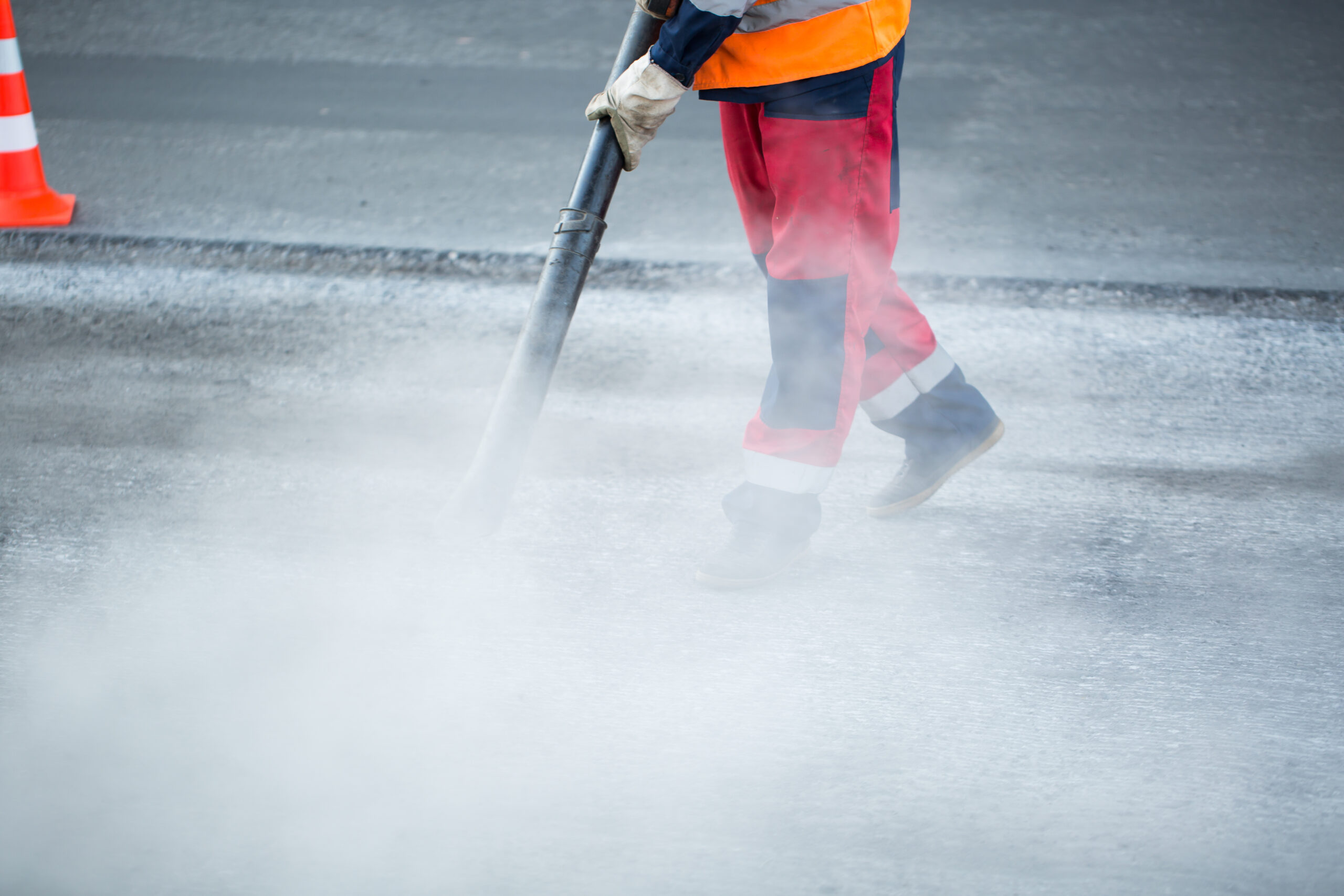
Seasonal workers are individuals employed temporarily to meet the demands of specific peak periods within certain industries. These workers are indispensable to Minnesota’s workforce.
Despite their importance, seasonal workers often face unique hazards and are frequently at risk of being taken advantage of due to their temporary status.
However, qualifying seasonal workers in Minnesota are covered under the state’s workers’ compensation laws. While seasonal workers can get workers’ compensation in Minnesota, these benefits are not always easy to come by.
If you are a seasonal employee and have suffered injuries because of your employment, you should contact an experienced workers’ comp attorney to learn about Minnesota’s seasonal labor laws.
Who is Considered A Seasonal Employee In MN?
Minnesota experiences all four seasons, resulting in diverse seasonal workers throughout the year. Some examples of seasonal workers in Minnesota include the following:
- Agricultural workers. Many industries require additional labor during planting and harvest seasons. These employees may have jobs that involve planting, picking, or assisting in harvesting.
- Tourism and hospitality staff. Minnesota’s numerous lakes and resorts attract tourists, especially during the summer. Seasonal workers might work with community pools as lifeguards, hotel personnel, or tour companies.
- Ski resort employees. During ski season, Minnesota’s ski resorts often require instructors, hospitality workers, and maintenance staff.
- Construction workers. During the warmer months, Minnesota construction companies often require additional demand for laborers, masons, and other construction workers.
- Retail employees. The holiday season sees a surge in shopping, leading to temporary hires in retail.
- Fishing industry workers. Seasonal peaks in fishing activities often require additional workers to handle catching, sorting, and packing.
- Landscape and lawn care professionals. Landscaping companies often hire seasonal workers when there is a demand for lawn maintenance and landscaping services.
- Summer camp counselors. With many children’s camps operating during school breaks, there’s a need for counselors, instructors, and support staff.
With such a wide variety of seasonal work, it is essential that seasonal workers can secure workers’ compensation if they suffer injuries related to their employment.
An experienced Minnesota workers’ comp lawyer can evaluate your case and walk you through any benefits you may be eligible for.
Seasonal Worker Benefits In Minnesota
Minnesota seasonal workers are integral to many industries, and although their employment might be temporary, the law entitles these workers to certain benefits. Below is a summary of the Minnesota seasonal labor laws.
Workers’ Compensation
Workers’ compensation for seasonal workers in Minnesota is available, provided an employee is injured as a result of their employment or develops a work-related illness or disability.
Fair Wages
Like all workers, seasonal workers are entitled to at least the state’s minimum wage, and employers must pay them for their overtime hours.
Safe Working Environment
Under Minnesota’s Occupational Safety and Health Act (MNOSHA), employers must provide a safe workplace, ensuring proper training, equipment, and protective measures.
Protection from Discrimination and Retaliation
Seasonal workers are shielded by state laws that prohibit employment discrimination based on race, gender, age, and other protected characteristics.
The specific type of benefits depends on the facts and circumstances of the seasonal work.
Minnesota’s Seasonal Worker Safety Regulations
Seasonal workers often encounter unique challenges related to their temporary employment. Minnesota recognizes these issues and maintains several regulations to ensure that seasonal workers are entitled to safety protections.
Minnesota’s Occupational Safety and Health Act (MNOSHA) requires employers to provide a safe working environment. This obligation encompasses proper training, adequate equipment, and protective gear tailored to the specific tasks and industry.
Specifically, seasonal agricultural workers often encounter additional stress and dangers related to machine operation, toxin exposure, and high temperatures. The law requires that employers provide training in languages workers understand.
Further, MNOSHA’s whistleblower provisions protect workers who raise safety concerns by ensuring the employee is not penalized for reporting unsafe conditions.
Workers’ Comp Eligibility For Seasonal Employees
Minnesota workers’ comp laws protect all qualifying workers, including temporary and seasonal employees. The state’s workers’ comp laws require Minnesota employers to provide workers’ comp insurance regardless of industry or size.
Full-time, part-time, and seasonal workers are entitled to these benefits. The law provides that employees are covered for any injury or illness arising from their employment.
Some workers’ comp benefits that a seasonal worker may be entitled to include the following:
- Medical benefits. Qualifying medical benefits include necessary and reasonable medical care related to the injury. Some benefits include hospitalizations, inpatient treatment, doctor visits, medications, occupational therapy, and potentially mileage reimbursement for medical appointments.
- Wage-loss benefits. In some cases, seasonal worker injuries result in a temporary or permanent inability to work. In these situations, Minnesota’s workers’ comp law entitles the temporary worker to a portion of their lost wages.
- Vocational rehabilitation. In cases where the injury impedes the worker’s ability to return to their previous role or requires them to shift careers, they may receive assistance in finding new employment, training for a new position, or even job placement services.
- Death benefits. The law entitles qualifying family members to certain death benefits if a worker dies due to an occupational injury or illness.
The workers’ comp system can be challenging for temporary and seasonal workers. And, even though employers are legally prohibited from taking any action against a worker who applies for benefits, seasonal workers may not be familiar with their rights and may fear future retaliation.
Thus, it’s crucial for these workers to speak to an experienced workers’ comp attorney to ensure they do not experience unnecessary delay or denial.
Do You Qualify for Workers’ Compensation for Seasonal Workers in Minnesota?
If you are seeking temporary worker compensation in Minnesota, contact the experienced workers’ compensation lawyers at Arechigo & Stokka for assistance. While workers’ comp benefits are available to you as a seasonal worker, that doesn’t mean your employer will willingly pay you the benefits you deserve.
At Arechigo & Stokka, we have extensive experience handling workers’ compensation claims for employees across all industries, including temporary and seasonal workers.
To learn more and to schedule a free consultation today, give Arechigo & Stokka a call or reach out to us through our online contact form.



